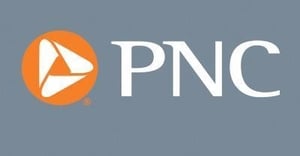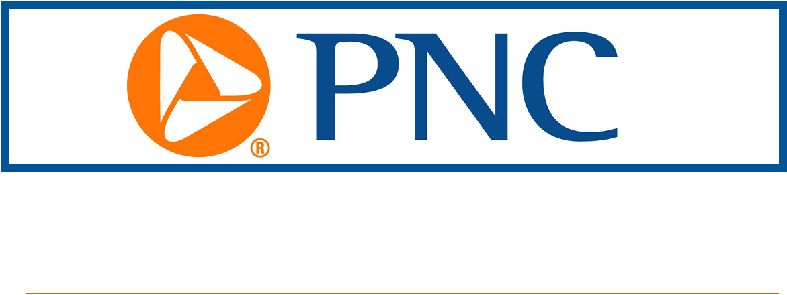 Domestic Demand Remains Strong; Inflation Is Up
Domestic Demand Remains Strong; Inflation Is Up
- Economic growth slowed to a more sustainable pace in the first quarter.
- Consumer demand eased but remained strong, and housing and business investment were positives.
- Trade and inventories were a drag on first quarter growth.
- Inflation picked back up in the first quarter.
- The US economy will continue to expand in 2024, but growth will slow from last year.
- Easing inflation will allow for modest fed funds rate cuts later this year.
Real GDP increased 1.6% at an annualized pace in the first quarter of 2024 according to the advance estimate from the Bureau of Economic Analysis. This was down from very strong growth of 4.9% growth in the third quarter of 2023 and 3.4% in the fourth quarter, but is close to the economy’s long-run potential. Over the past year real GDP increased a solid 3.0%.
Details were good. Consumer spending rose 2.5% at an annualized rate in the first quarter. This was slower than the 3%+ increase in the third and fourth quarters of last year, but is more consistent with underlying income growth. Goods spending fell slightly in the first quarter, after big increases in the second half of 2023, but real consumer spending on services rose a strong 4.0%. Consumer spending added 1.7 percentage points to annualized first quarter growth.
Real fixed business investment rose almost 3% in the first quarter, adding 0.4 percentage point to growth. There were increases in investment in intellectual property products and equipment, and a small decline in investment in nonresidential structures.
Real residential investment jumped almost 14% in the first quarter, adding a half percentage point to growth. Residential investment has now increased in each of the last three quarters, after falling for nine straight quarters with higher interest rates.
Government spending in GDP rose 1.2% in the first quarter, adding 0.2 percentage point to growth. This was the smallest contribution from government in almost two years. The increase came entirely on the state and local side, with federal spending down slightly.
The big drags on growth came from inventories and trade. Trade subtracted 0.9 percentage point from first quarter growth, with imports up more than 7% (higher imports subtract from GDP) and imports up less than 1%. Inventories subtracted 0.35 percentage point from first quarter growth, after a one-half of a percentage point drag in the fourth quarter.
With the drag from inventories, final sales of domestic product—real GDP minus the change in inventories, a measure of demand for U.S. goods and services, both at home and abroad—rose 2.0% in the first quarter. This followed increases of close to 4% in the third and fourth quarters.
The GDP price index rose 3.1% annualized in the first quarter, an acceleration from a 1.6% increase in the fourth quarter. Personal consumption expenditures price index inflation accelerated to 3.4% in the first quarter from 1.8% in the fourth quarter. And core PCE inflation—the Federal Reserve’s preferred inflation gauge—was 3.7% in the first quarter, after running right at the central bank’s 2% objective in the second half of last year.
The advance first quarter GDP report was good on growth, but bad on inflation. Growth slowed from the unsustainably strong pace of the second half of last year, but demand remained solid. But inflation reaccelerated, moving further above the Federal Open Market Committee’s 2% objective. The US economy got off to a solid start in 2024, and should continue to expand throughout the year, albeit at a slower pace than in 2023. This is good news, however, as slower growth should help ease inflation. Consumer spending growth will remain solid thanks to the historically strong labor market, with positive contributions from business investment and housing. Government’s support to growth will fade, and trade is likely to be a drag.
Inflation should ease in the coming quarters as economic growth softens and job and wage growth slow. There are also technical issues surrounding housing that should contribute to easing inflation. A slowing in growth to a more sustainable and easing inflation will allow for a couple of fed fund rate cuts later in 2024, supporting growth in 2025.
The PNC Financial Services Group, Inc. is one of the largest diversified financial services institutions in the United States, organized around its customers and communities for strong relationships and local delivery of retail and business banking including a full range of lending products; specialized services for corporations and government entities, including corporate banking, real estate finance, and asset-based lending; wealth management and asset management. For information about PNC, visit www.pnc.com.














